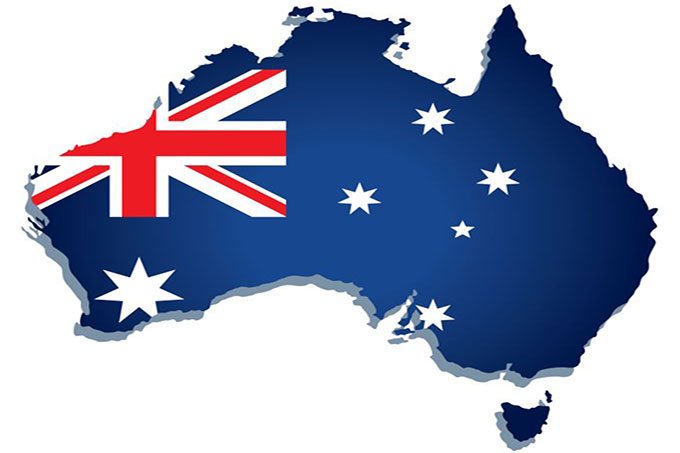 According to data released by the Australian Bureau of Statistics, retail sales rose by 0.1% in May (month-on-month), lower than expectations of 0.7% and April’s 1.1%.
According to data released by the Australian Bureau of Statistics, retail sales rose by 0.1% in May (month-on-month), lower than expectations of 0.7% and April’s 1.1%.
Apparently, the recent surge in COVID-19 cases, which pushed the state of Victoria to impose a lockdown, ended up affecting demand. Sales in the state went down by 1.5% as several local industries fell aside from food retailers, who drove up sales in the rest of the country. Rises in sales in the states of Queensland and Western Australia countered the falls in Victoria.
In contrast, footwear, household goods retailing, clothing and accessories offset the rise in food retailing.
Since the beginning of the pandemic, 30,352 COVID-19 cases have been reported in Australia, including 910 deaths, making it one of the most successful countries at containing the spread of the virus. So far, only 5,733,509 vaccine doses have been distributed among the local population, while 857,232 individuals have already been fully vaccinated.
Australia's relative success can be attributed to the strict social distance measures it has imposed as well as its decision to restrict its borders. This has allowed the Australian government to be relatively slow with the vaccine rollout, which officially launched in February. The state that leads in the number of administered doses is Victoria, followed by New South Wales and Queensland.
Despite Australia's slow vaccine rollout being heavily criticised, some think it may end up being positive for the local economy.
“You’ve got to remember, something like $65 billion is spent by Australians every year when they go overseas. That money is here and, in a sense, it’s creating a lot of stimulus for the economy," commented an analyst at Sky News, adding that despite the problems with AstraZeneca slowing down the opening of the local economy, this situation may end up being positive.
In its latest meeting, the Reserve Bank of Australia decided to keep its cash rates on hold, which was in line with expectations. The decision was remarkable, given the inflation pressures in the rest of the world. The bank insisted that it is not planning to change its monetary policy stance until inflation levels remain sustainably between the 2 and 3 percent target.
The diplomatic situation with China, one of Australia’s main trade partners, continues to deteriorate. Recently, the Australian government decided to file a formal complaint against China with the World Trade Organization, alleging that China's decision to impose a 218% tariff on Australian wines is illegitimate.
China defended itself, claiming that Australia is deliberately exporting its wine at a lower price than what is normally charged in the local market, which pushed them to impose the tariffs in retaliation. According to Chinese sources, tariffs could stay in place for about five years.
By 7:39 GMT, the Australian dollar rose by 0.27% against the US dollar, hitting the 0.7497 level.

